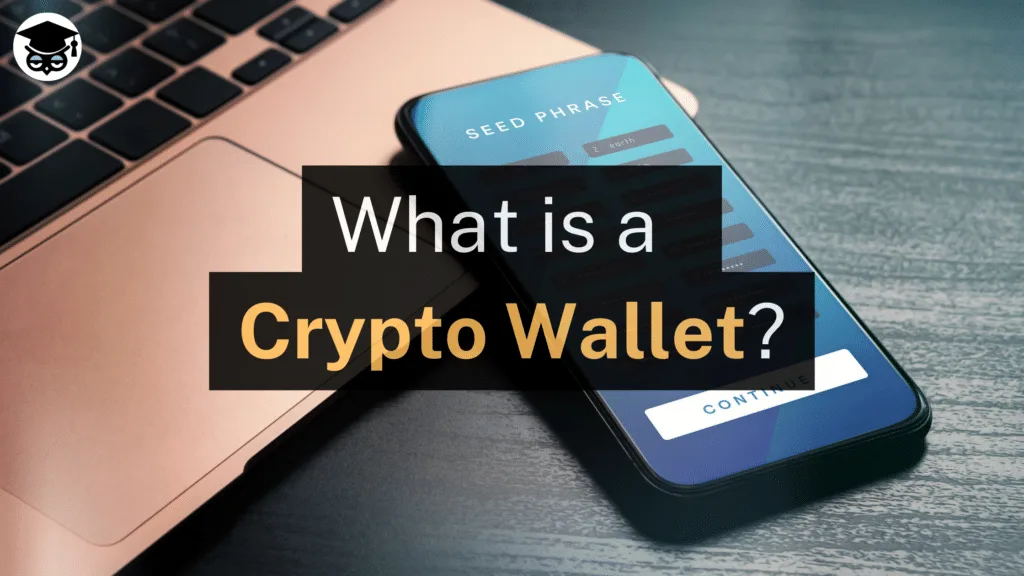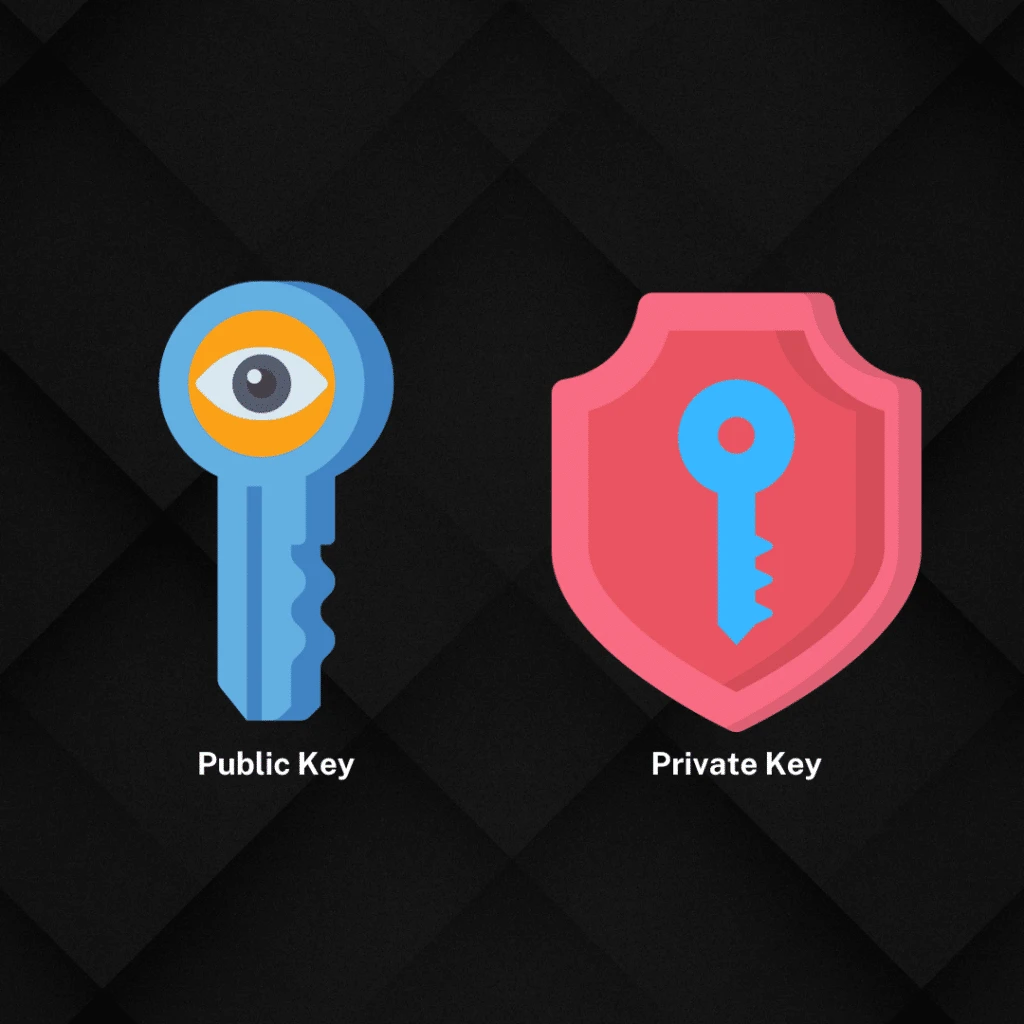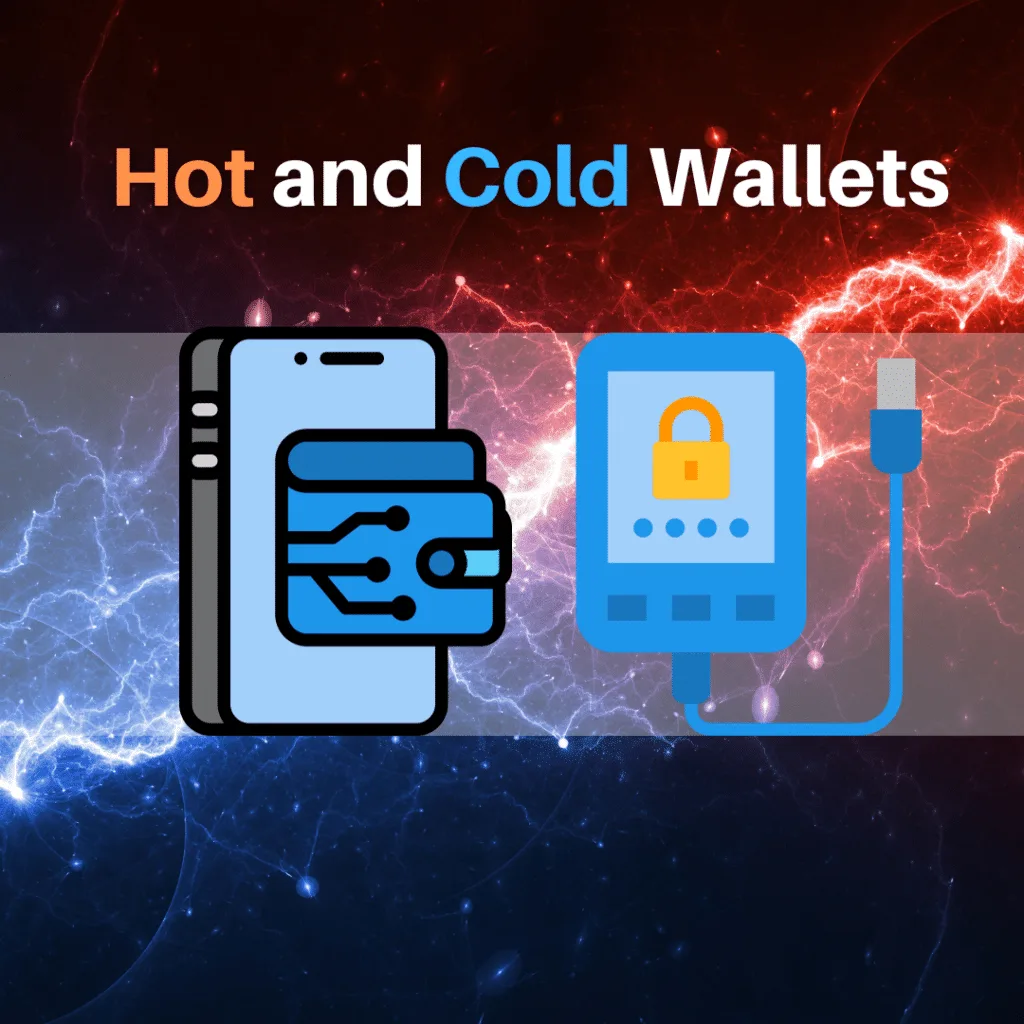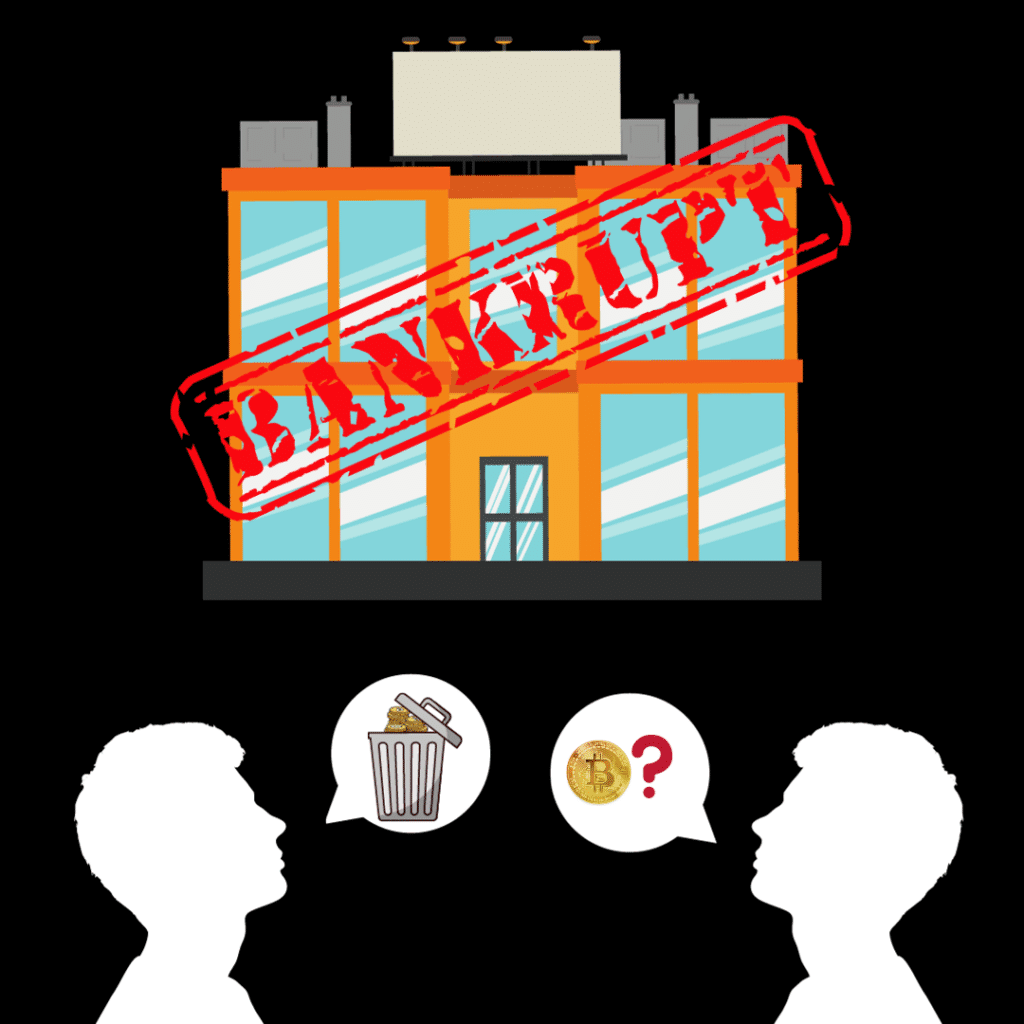What is a Cryptocurrency Wallet?
A cryptocurrency wallet is a hardware device or software program that lets users access and use cryptocurrencies.
The Long Definition
Cryptocurrencies like Bitcoin (BTC) and Ether (ETH) are digital money. They exist as data (information/code) on a blockchain. You cannot put them in a physical wallet as with fiat currency. Instead, the information is stored in special devices or software applications known as crypto wallets.
So, a cryptocurrency wallet is essentially a hardware device or software program for accessing and using digital assets. It contains the information you need to receive and send crypto.
There are different types of crypto wallets that fall into various broad categories. The first of these are hot and cold wallets.
A hot wallet is a software wallet that is connected to the internet at all times. On the other hand, a cold wallet is any wallet that isn’t connected to the internet. They are usually hardware wallets, but some software wallets are cold wallets, too.
Wallets can also be described as custodial or non-custodial. With custodial wallets, a third party stores your keys. But with non-custodial wallets, you are responsible for your own keys.

Cryptocurrency Wallets Explained
Crypto wallets have two keys. The first key is the public key. This is a long string of letters and numbers. It’s the wallet’s unique address on a blockchain. When someone wants to send you crypto, they’ll need your public key. And when you want to send them crypto, you’ll need their public key. You can think of the public key as an email address and the crypto as an email.
The other key is your private key. This is also a long string of letters and numbers. It would be like the password to the email address we just mentioned. You don’t want anyone else to have this because whoever has the private key has access to the wallet, just like the password to your email account.
Finally, a wallet will also have a seed phrase associated with it. This is a series of 12 or 24 random words that are given to you when you set up the wallet. The seed phrase needs to be written down and stored safely when you get it. If something happens to the wallet, you can get it back with the seed phrase.
So, for example, if you lost your hardware wallet but still had the seed phrase, you could buy another device and plug in the old seed phrase to get access to your cryptocurrency.

How do cryptocurrency wallets work
We all think of a wallet as a container for cash, money, credit cards and our ID. But things are very different in the world of cryptocurrencies.
Cryptocurrencies are digital. So, they exist on the blockchain as codes (bits of data), not as coins and notes inside a wallet. So, how do you see an amount when you check your wallet?
It’s simple. Your wallet has codes that identify it as belonging to you, and your crypto is coded so it can be identified as belonging only to your wallet.
Each bit of data (crypto) is associated with a particular wallet address. So, when you check your wallet, it finds all the bits of data associated with its address. It then sums up the amount and displays it to you.
When someone sends you crypto, they’re basically changing the address that those tokens are associated with. It moves from their address to your address. Your wallet then reads this data on the blockchain and adds it to your balance.
Types of Crypto Wallets
Crypto wallets can be categorized as hot or cold and custodial or non-custodial. So, you can have a cold custodial wallet, a hot custodial wallet, or a hot non-custodial wallet. Here’s a look at each of these categories.

Hot wallets
A hot wallet stays connected to the internet. Most hot wallets are programs (software wallets) that need to be online to work. Examples include Metamask, Trust Wallet, Phantom, and Coinbase wallets.
They are usually easy to use. Some allow you to connect to decentralized exchanges and swap cryptocurrencies. Others let you swap crypto directly from the wallet. However, by staying connected to the internet, they are more vulnerable to hackers.
Cold wallets
A cold wallet has no connection to the internet. Cold wallets can be software wallets, paper wallets, or hardware wallets. The latter are physical devices that resemble USB drives. You have to plug them into a computer when making a transaction.
Custodial wallets
A wallet is custodial if a third party stores your keys for you. The most common are those offered by centralized crypto exchanges (CEXs) like Binance.
When you use a CEX, you store your crypto in a wallet owned by the platform. The platform has the wallet’s private keys, so they control the funds stored in it. This gives them the power to do anything they want with your crypto.
For example, FTX, the CEX that collapsed in late 2022, used user funds to make risky investments. As a result, its users lost billions of dollars when these investments backfired, and the exchange was found out.
Custodial wallets are quite convenient because you are not responsible for keeping your keys safe. However, as demonstrated by FTX, you risk losing all your crypto in case the custodian goes bankrupt or collapses.

Non-custodial wallets
A wallet is non-custodial if you have to store your private keys. Examples include Metamask and Phantom. Hardware wallets are also non-custodial.
A non-custodial wallet gives you full control of your money. However, you risk losing all your crypto if you misplace your seed phrase. Also, if someone else sees your private key, they can steal from you.
How do I keep my Cryptocurrency wallet safe?
Avoid custodial wallets
Custodial wallets, like those from exchanges, store your private key. A common phrase in crypto is “not your key, not your coins.”
This means if you don’t have possession of your keys, you don’t control the coins. You can lose your crypto at any time. This has happened several times in the past when exchanges collapsed or got hacked.
FTX is the most recent example of this. Another notable incident is Mt. Gox. The exchange, which was the largest in the world in the early 2010s, lost almost 750,000 bitcoins belonging to its users as a result of hacks.
Keep your private keys private
If you choose a non-custodial wallet, you have full responsibility for its contents and access. You will need a special, private seed phrase for accessing your private key.
It is super important to keep your seed phrase and private key as safe and secure as possible. Some people store their seed phrase in a fireproof safe or memorize it.
Use the right cryptocurrencies
You need to be careful which crypto you send to your wallet. Wallets can only store crypto compatible with the chain they have been built on.
For instance, Bitcoin (BTC) is incompatible with the Ethereum blockchain. Therefore, you cannot store BTC in a wallet based on Ethereum. If you try to send BTC to a wallet like Metamask, it will be lost.

Protect your hardware wallet
Hardware wallets have no backup. So, if you damage it or misplace your wallet, you’ll lose all your crypto.
History of Crypto Wallets
The first cryptocurrency wallet was a program created in 2009 by Satoshi Nakamoto. It was named the Bitcoin-QT wallet or the Satoshi client. This particular wallet required the user to download the Bitcoin blockchain’s entire history. Thus, it would occupy more storage space as the blockchain’s data grows.
As Bitcoin became more popular, new wallets entered the market. These included wallets that don’t require a local copy of the entire blockchain like Bitcoin-QT did. Over time, these wallets have become the standard for program wallets. They are smaller (don’t require a lot of storage space on your device) and easier to use.
In 2014, the first hardware wallet, Trezor, was created. Trezor is the Czech word for ‘vault.’ It fits because, generally, hardware wallets are more secure than software wallet applications. This is one of the most significant developments in the history of crypto wallets.
